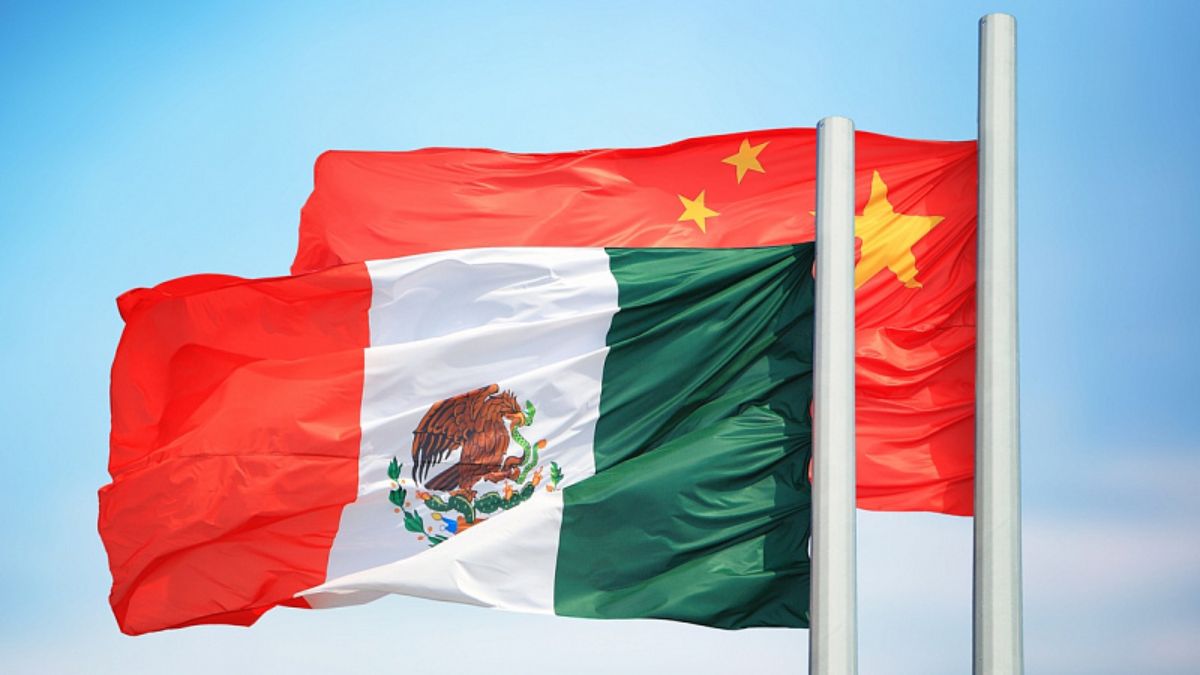Mexico’s government announced plans to sharply increase tariffs on imported vehicles from Asia, with a particular emphasis on Chinese-made cars and parts, in a move that could reshape the country’s automotive trade dynamics.
Economy Minister Marcelo Ebrard said on Wednesday that tariffs on light vehicles and auto parts will be lifted to 50% from the current 20%, marking a significant escalation in trade policy. “They already have tariffs. What we will do is raise them to the maximum level allowed,” Ebrard stated.
The decision underscores mounting pressure within Mexico’s domestic auto industry, which has been grappling with a surge of lower-cost imports, particularly from Chinese manufacturers. Mexico, a key hub for global auto production, has long served as a base for both North American and international automakers. However, the rapid growth of Chinese brands in Latin America has raised concerns about competitiveness, especially in the affordable vehicle segment.
Analysts note that the tariff increase could have far-reaching implications. On one hand, the measure may provide short-term relief for domestic manufacturers and protect local jobs by making Chinese imports less attractive. On the other, it risks raising prices for Mexican consumers and potentially straining trade relationships with China, which has steadily expanded its automotive footprint in emerging markets.
The move also comes against the backdrop of heightened global trade tensions in the auto sector. The U.S. has already imposed steep tariffs on Chinese electric vehicles and batteries, and Mexico’s action could signal closer alignment with Washington’s protectionist stance. At the same time, the policy may complicate Mexico’s efforts to balance its role as a free-trade advocate within North America and its growing economic ties with Asia.
While the government framed the tariff hike as a defensive measure to safeguard local industry, industry experts caution that retaliatory actions from affected nations cannot be ruled out. Much will depend on whether Mexico positions the policy as temporary protection or as part of a broader industrial strategy.
For now, the move highlights Mexico’s determination to shield its auto sector from external competition, even if it means introducing new uncertainty into global supply chains.


